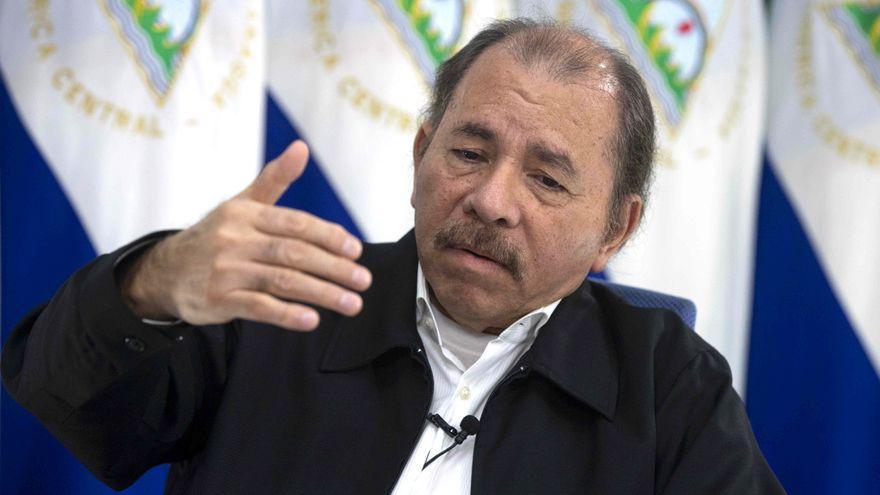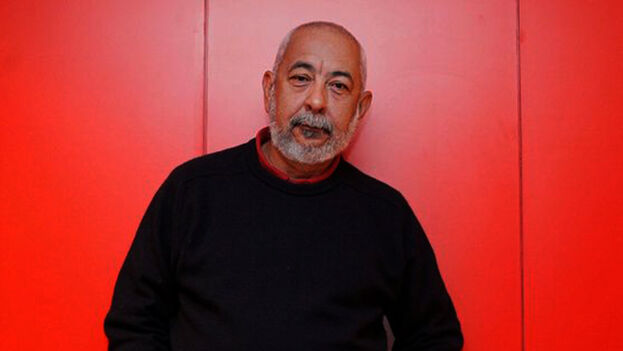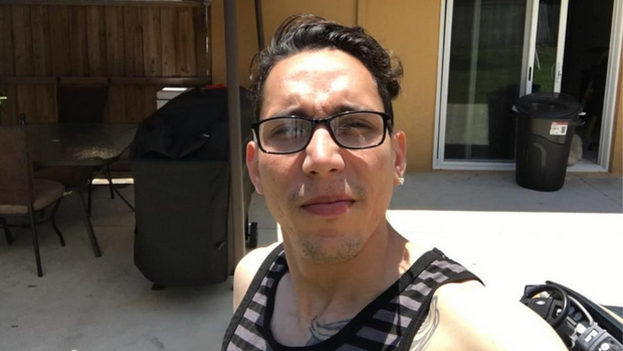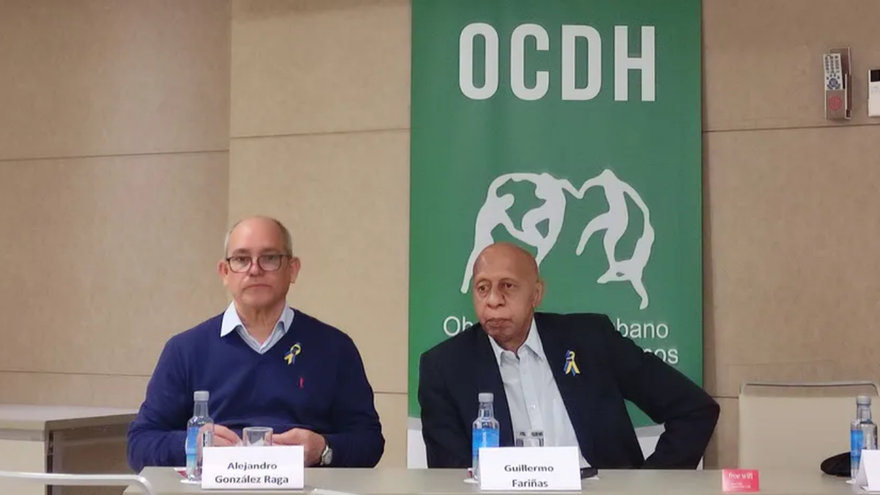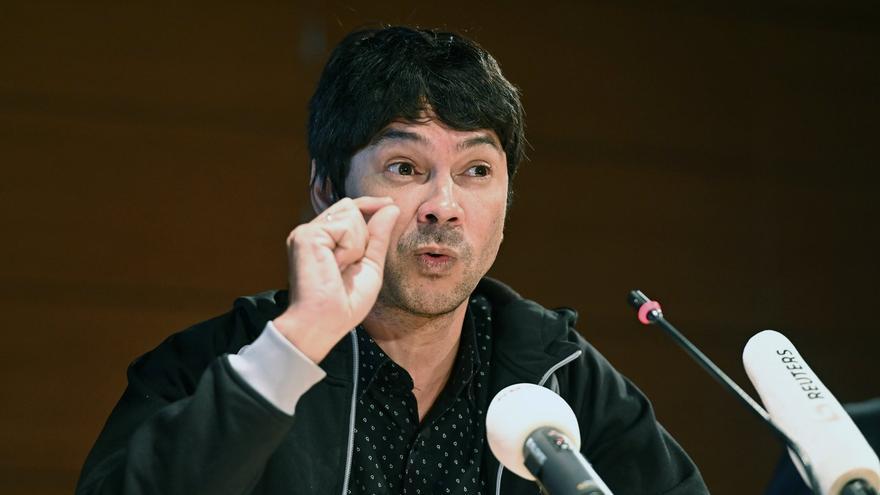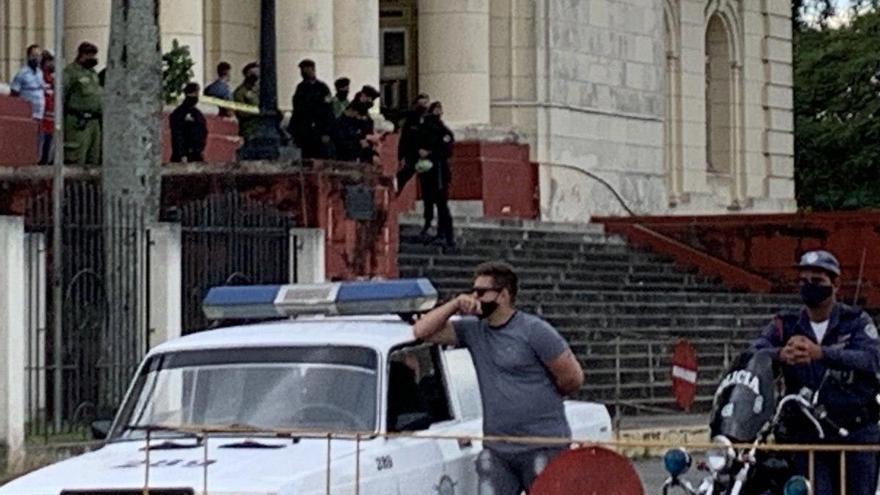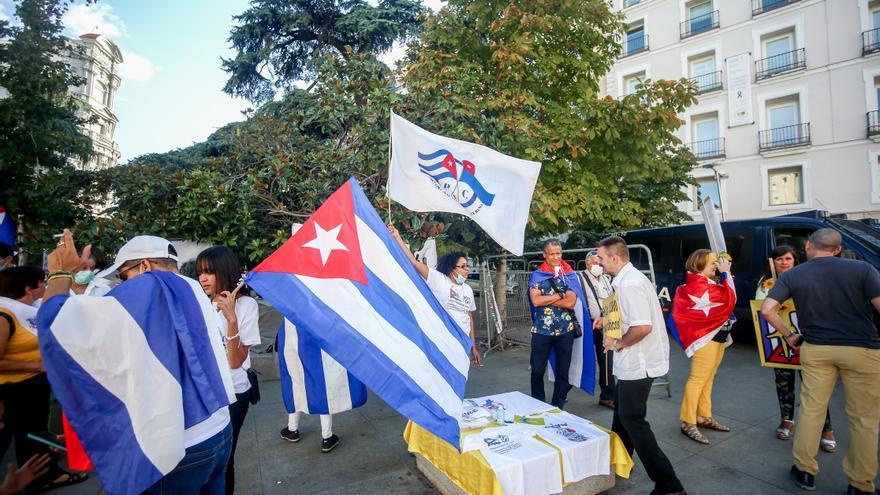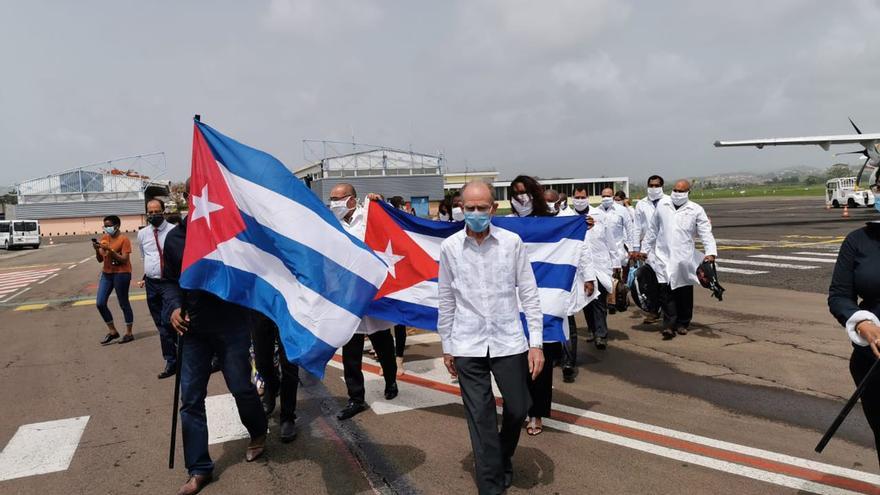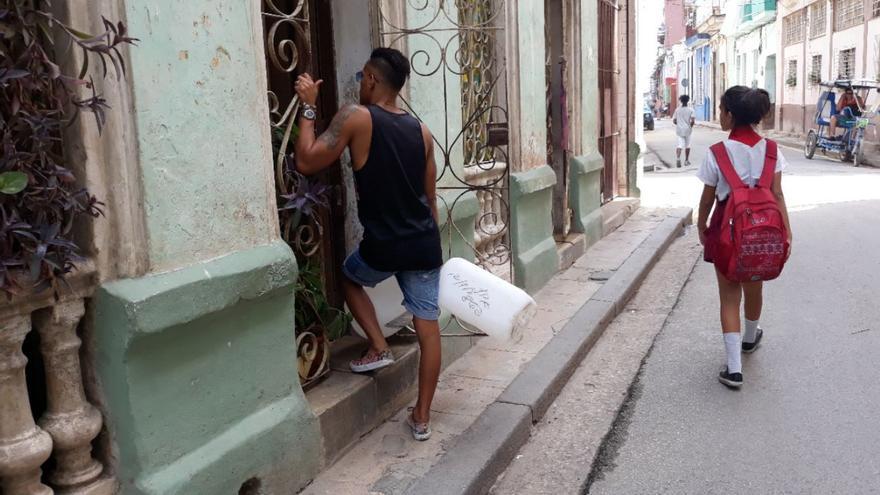The project seeks to reduce the costs of livestock inputs and look for sustainable alternatives to current agricultural production systems

![]() Europa Press (via 14ymedio), Santa Cruz de Tenerife, 31 May 2024 — Researchers from the Canary Institute of Agricultural Research (ICIA), the Research Institute of Food and Tropical Fruits of Cuba (INIVIT) and the University Without Borders Association (USF) are carrying out a study for the development in the Canary archipelago of animal feed alternatives based on new varieties of cassava, which aims to diversify livestock feed production from the use of this reserve root.
Europa Press (via 14ymedio), Santa Cruz de Tenerife, 31 May 2024 — Researchers from the Canary Institute of Agricultural Research (ICIA), the Research Institute of Food and Tropical Fruits of Cuba (INIVIT) and the University Without Borders Association (USF) are carrying out a study for the development in the Canary archipelago of animal feed alternatives based on new varieties of cassava, which aims to diversify livestock feed production from the use of this reserve root.
This initiative also aims to reduce the costs of livestock inputs, an activity that has been greatly affected by the increase in cereal prices due to the military conflict between Russia and Ukraine, among other conditions of the international context, which reduces livestock profitability, and to seek sustainable alternatives to current agricultural production systems aimed at mitigating and reducing the effects of climate change.
Thus, within the framework of the project, which began in June 2023, ICIA replicates the tests carried out by INIVIT on the use of the cassava root, once converted into flour as a substitute for cereal in animal feed, and of the aerial part of the plant as fodder.
With this objective, the Canarian institute has imported 4,o00 cuttings of four varieties of this tuber from the Cuban center that are grown at the Finca El Pico del Icia, in Tejina (Tenerife), to see their adaptation to the Canary Islands and their yields, in order to subsequently check the results of using this plant material in the feeding of local livestock of the Canary Islands archipelago, the Ministry reports. continue reading
The Canarian institute has imported 4,000 cuttings of four varieties of cassava from the Cuban center that are grown at the Finca El Pico del Icia, in Tejina
In this way, cassava’s agronomic aptitude and performance, its economic and technical viability for the manufacture of feed will be studied, and the formulation of balanced and complete diets using cassava and other ingredients will be evaluated.
Finally, palatability and consumption tests will be carried out in different species with evaluation of the final livestock products: milk, cheese, meat and eggs.
To do this, Cuban scientists, specialists in the management of these varieties, support the different processes.
ICIA president Janira Gutiérrez explained that the experimental cultivation of cassava in the Canary Islands will contribute to generating new knowledge about more viable and sustainable alternatives in animal fodder for the Canarian primary sector, whose result could be a product that would be added sustainably to animal feed. She also stressed that diversification is presented as a key strategy to manage risks in agricultural production in small systems such as the archipelago, allowing acceptable levels of productivity to be achieved even in unfavorable conditions.
Cuban scientists, specialists in the management of these varieties, support the different processes
“In addition, these works promote cooperation in scientific research, knowledge and technological development in agricultural matters with the benefits that this entails for all the parties involved,” she added.
The study will be continued throughout 2025, when the results will be evaluated in different species of local livestock. By the end of 2024, the first results will be published on the yield and agronomic management of the crop.
This project is based on the work carried out by INOVIT on high production, quality and resistant cassava varieties, the promotion and advice on their cultivation for human and animal feed, and the development of the processing industry.
In this sense, the level of specialization is a reference for knowledge of this crop inside and outside the country, as well as the application of results in the industry, to which is added the extensive experience of ICIA in applied research in both plant and animal production, feed and fodder.
The consul general of Cuba in the Canary Islands, Elsa Agramonte, visited the Finca El Pico del Icia in December, where this project is developed, accompanied by the Minister of Agriculture, Livestock, Fisheries and Food Sovereignty of the Government of the Canary Islands, Narvay Quintero, the president of ICIA, Janira Gutiérrez, and the vice-rector for Internationalization and Cooperation of the University of La Laguna (Ull), Inma González, and researchers from this program.
Also, in the month of April, researchers from ICIA and the USF traveled to Cuba to participate in different work meetings and learn first-hand about the research and studies carried out by INIVIT on cassava and other tubers and reserve roots.
Translated by Regina Anavy
____________
COLLABORATE WITH OUR WORK: The 14ymedio team is committed to practicing serious journalism that reflects Cuba’s reality in all its depth. Thank you for joining us on this long journey. We invite you to continue supporting us by becoming a member of 14ymedio now. Together we can continue transforming journalism in Cuba.

